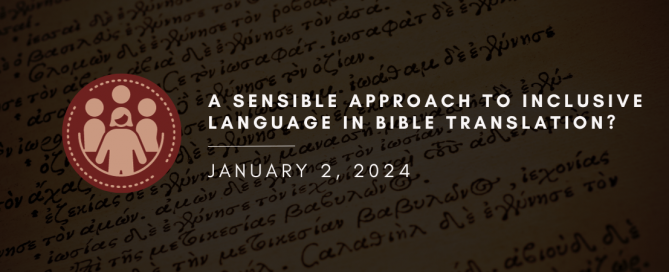Is Matthew Duplicitous in His Reading of Scripture?
In a month or so I'm going to be producing a new online course (not connected with the blog) on The Genius of Matthew: What Scholars Say about the First Gospel. I'm not sure if that's the actual title we'll be giving it, but it's what's in my head just now. (If you're interested in my courses, go to http://www.bartehrman.com/courses/ . You won't find this one there just now because we haven't announced it yet.) It will be an eight-lecture course dealing with what I think are the most important aspects of Matthew's Gospel -- what it's all about, what its leading themes/ideas/views are, how the author changed Mark's account significantly to get his point across, how Matthew (in a striking way) insists Jesus fulfilled Scripture, whether Matthew urges his followers to keep the Jewish law strictly (instead of abandoning it), whether, even so, the Gospel can be seen as anti-Jewish. I'll be looking at some depth at the Sermon on the Mount (widely misunderstood) and a number of the key parables. And I'll be [...]


